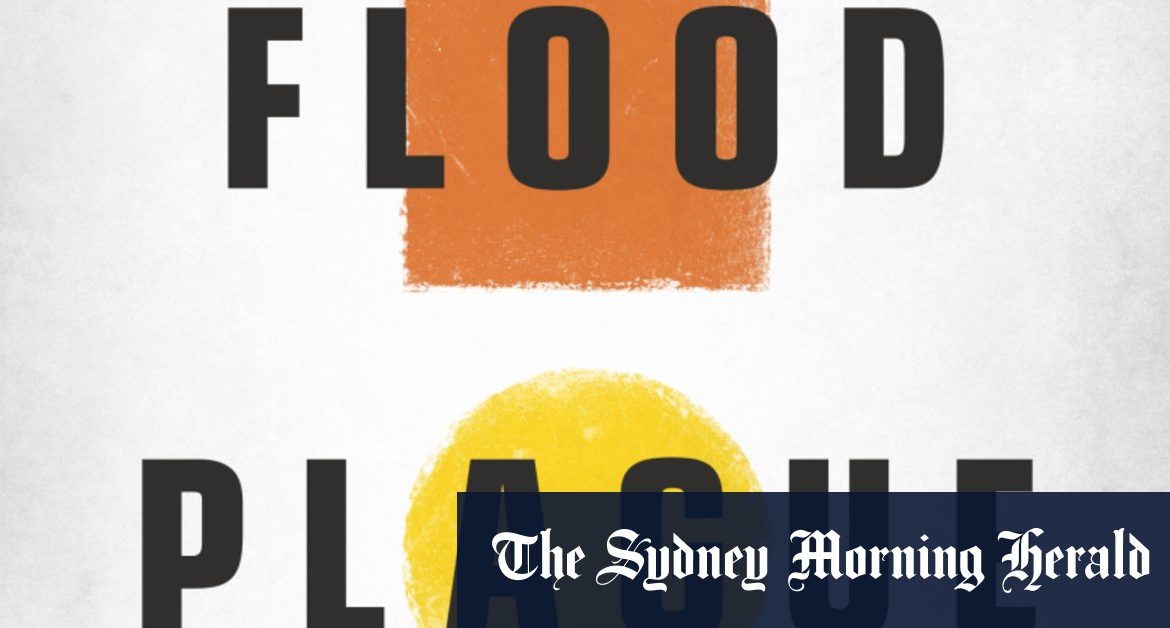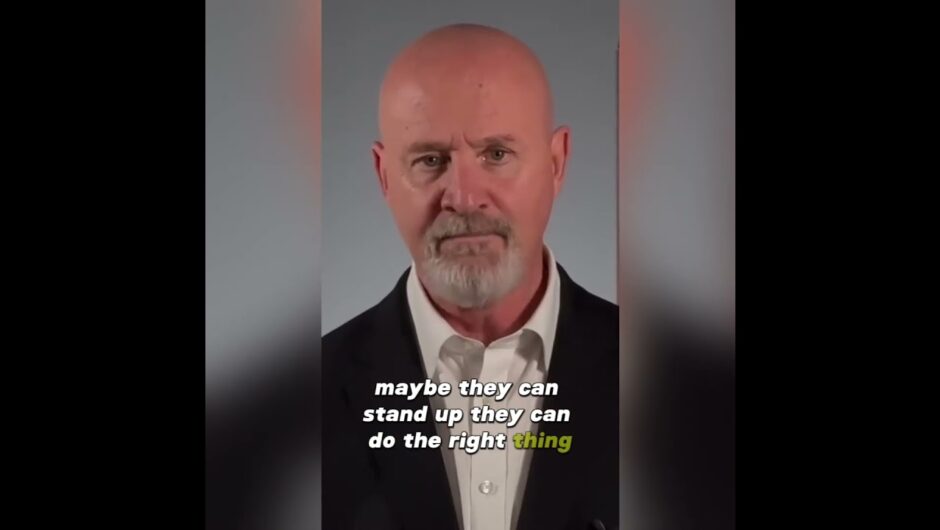Anyone who became mildly addicted to doomscrolling last year might be best advised to pick through the first book at leisure, rather than risk an overdose by reading from cover to cover.
Upturn: A Better Normal After COVID-19, edited by Tanya Plibersek.
Relentless descriptions of last summer’s megafires over many essays – lurid invocations of incinerated wildlife, charred expanses of bushland, smoke clouds enwreathing the globe and so on – can read collectively like an environmental version of misery porn.
We don’t have the luxury of looking away. Of course we don’t. And it’s both heartening and disheartening that many essays make the same obvious points: fires and pandemics are both linked to climate change; the community solidarity and decisive political action that marked our pandemic response should be deployed also to stop drastic and deleterious environmental change.
Yet the threnody of writers all singing from the same songbook risks desensitising the reader; the law of diminishing returns applies to literature as much as anything. Perhaps the most irritating verbal repetition in these volumes, though – and it’s one to which editor Sophie Cunningham succumbs in her introduction – is the misuse of “unprecedented”. The tic surfaced so often that I couldn’t help thinking of the Book of Ecclesiastes, with its warning against vanity, and vanity of vanities; its reminder there is nothing new under the sun.
It’s telling that First Nations contributors – custodians, after all, of a culture much older than the Old Testament – never use the word.
Reading Billy Griffiths, Melissa Lucashenko and June Oscar together reminds us that disease isn’t neutral. Smallpox epidemics annihilated 80-90 per cent of Aboriginal people in eastern Australia on colonisation; the “virus of racism” that prompted the Black Lives Matter protests mid-lockdown continues to be, for First Nations people, a deadlier threat than the pandemic.

Devastating bushfires were just one of the rolling emergencies that confronted Australia last year.Credit:Getty
These writers can also touch on the pleasures of returning to Country, the wisdom of Indigenous fire-management practices, and the swift response of Aboriginal health services, which moved ahead of the federal government to isolate and protect their communities.
And they’re typically more stimulating than personal reflections from the usual literary suspects – among them John Birmingham, Delia Falconer, James Bradley, Brenda Walker, Kirsten Tranter and Christos Tsiolkas – whose essays, while stylishly written, insightful and heartfelt, may inspire deja vu in anyone who avidly consumed quality journalism under lockdown.
So far, Australia has had incredible success in managing the twin economic and public health crises brought on by COVID-19. And that success – achieved through massive public spending, prompt public health intervention and an impressive feat of community solidarity – presents an opportunity to profoundly reshape our politics.
The potential to expand what’s possible in the art of the possible certainly hasn’t been lost on Tanya Plibersek, who appears to be throwing her hat into the ring as a future prime minister with this energetic book of political essays.
All sorts of outcomes assumed to be beyond our grasp – from the elimination of homelessness to the resurgence of neo-Keynesian economics – have been exposed during the pandemic as the product of deliberate policy choices, rather than impossibilities per se.
This book seizes the moment to rethink everything from social security to media regulation, from industrial relations to arts policy. The prose (at best pedestrian; at worst starchier than a potato farm) may not set readers on fire, but the passion and the vision and the breadth of the ideas various experts consider here should ignite every reader to imagine what they want the “new normal” to look like.
It might be prudent to temper expectations about whether this collected wisdom will be acted upon. Bill Shorten went into the last election with big new policies, after all, and was demolished at the polls in favour of business-(and dysfunction)-as-usual.
Still, in the wake of megafires and COVID-19, the need to embrace change feels more urgent than ever. The book of Ecclesiastes goes on to say: “In much wisdom there is much indignation: he that addeth knowledge, addeth also labour.” Knowledge has never been enough. We must act on it and continue to act; there is much work to be done if the lessons of the last year are to lead to a better future.
Most Viewed in Culture
Loading







